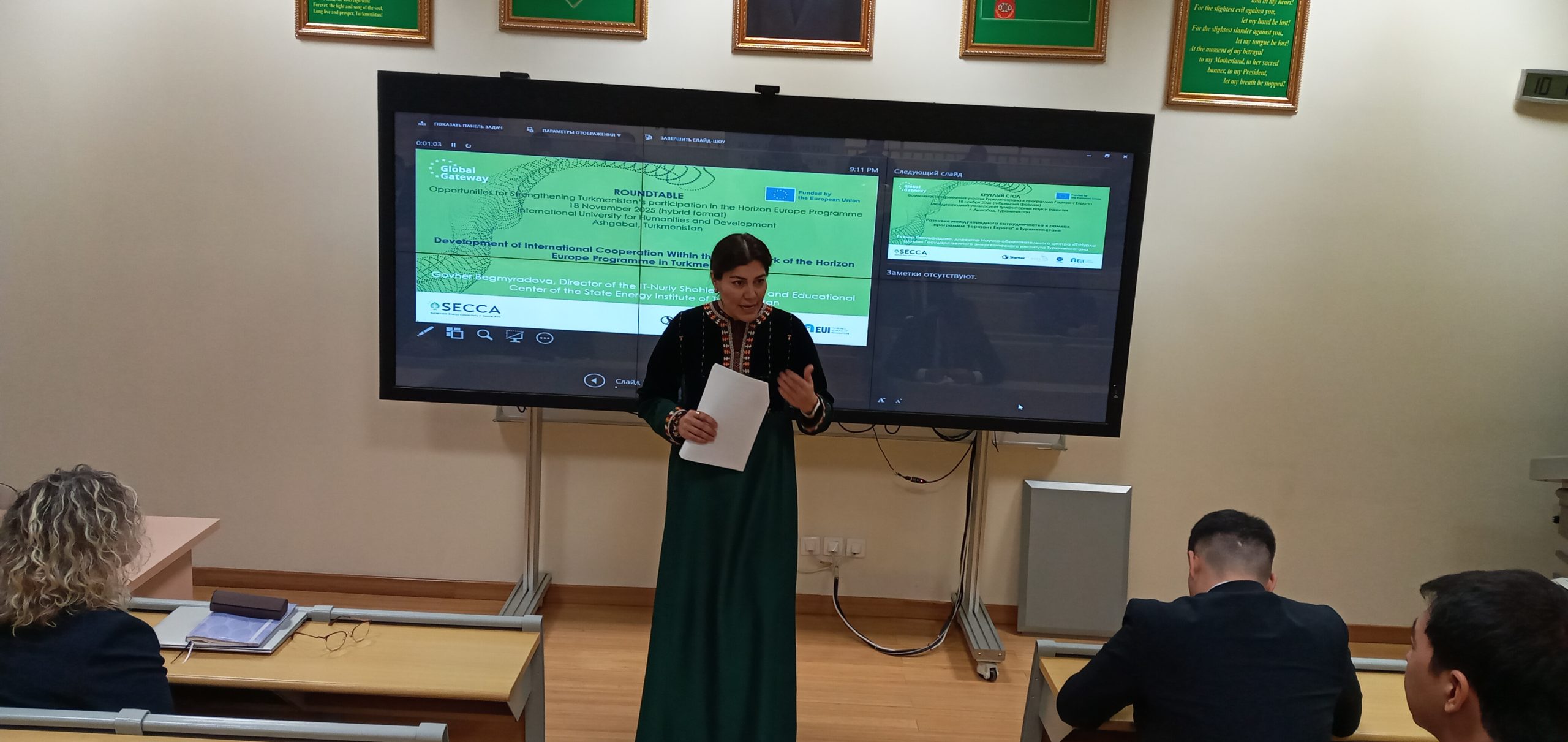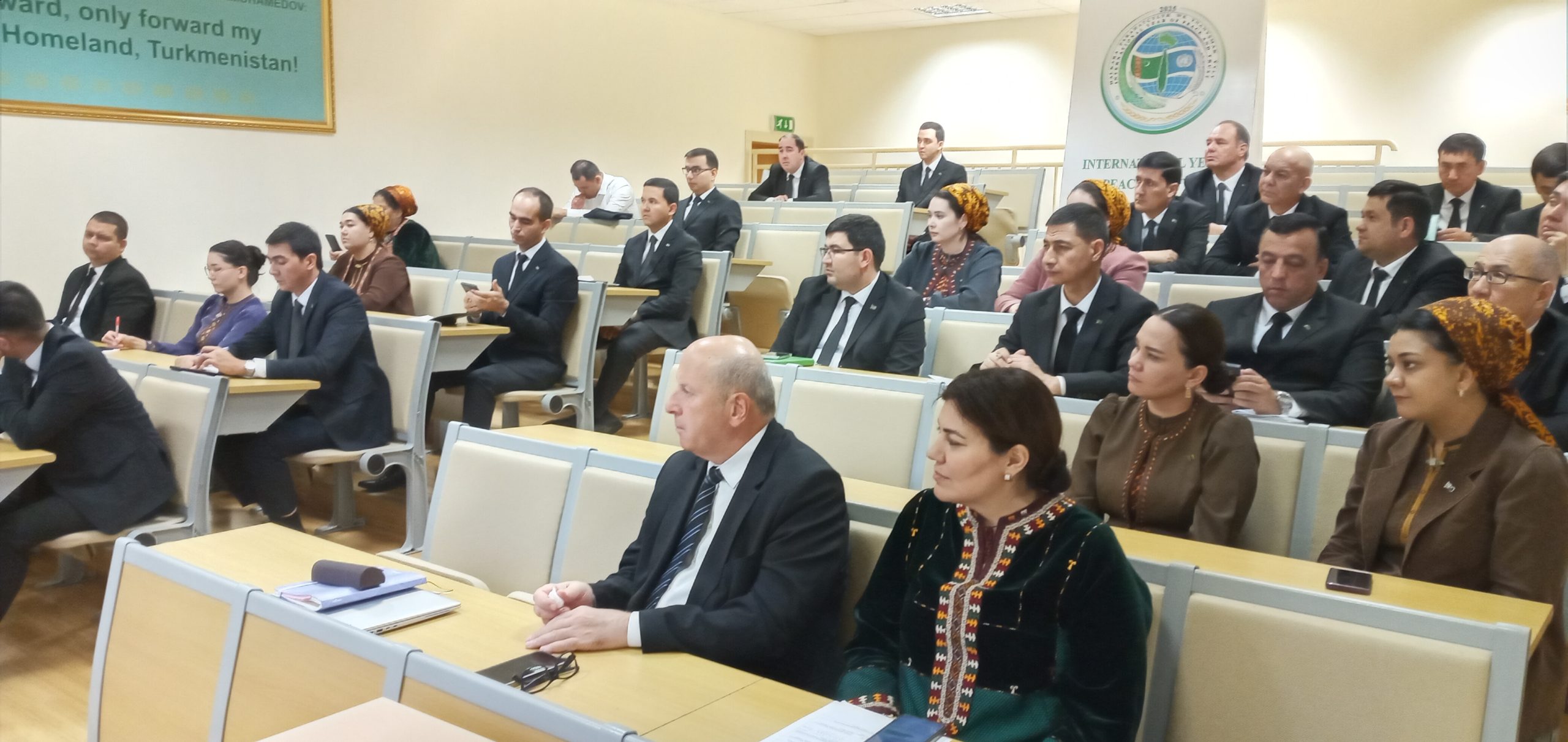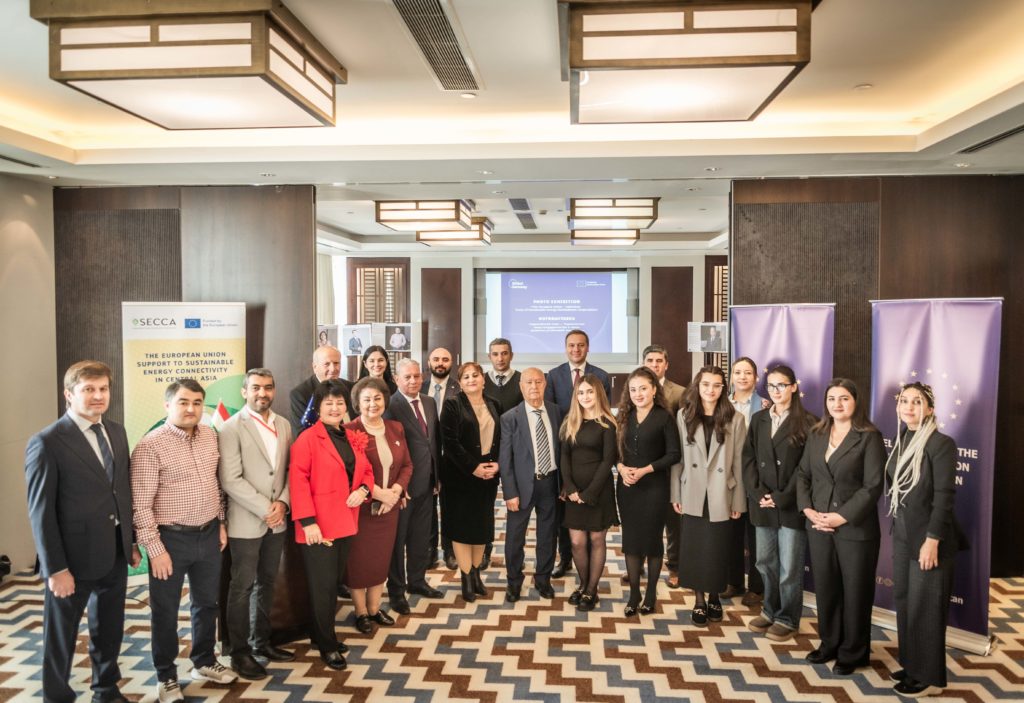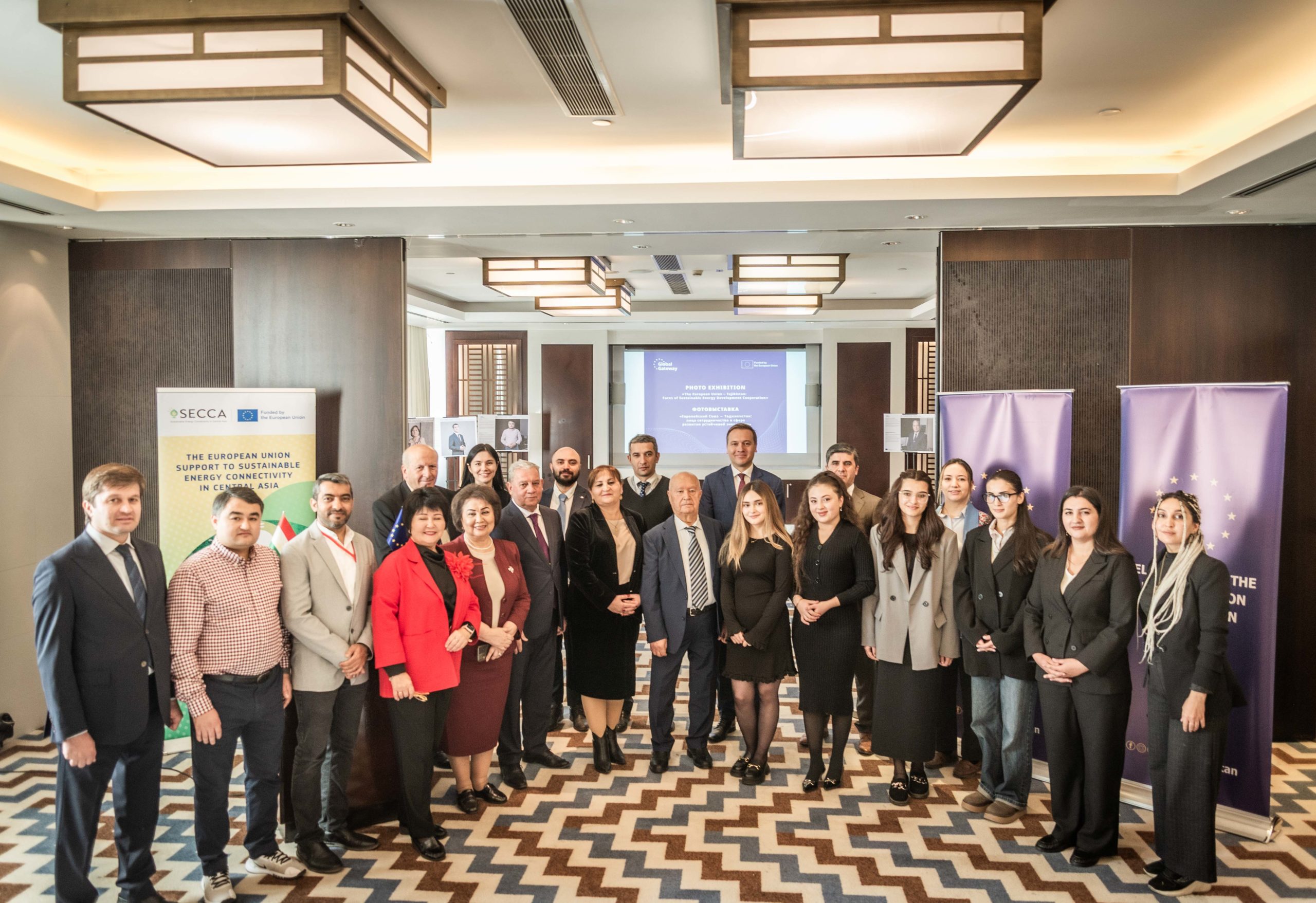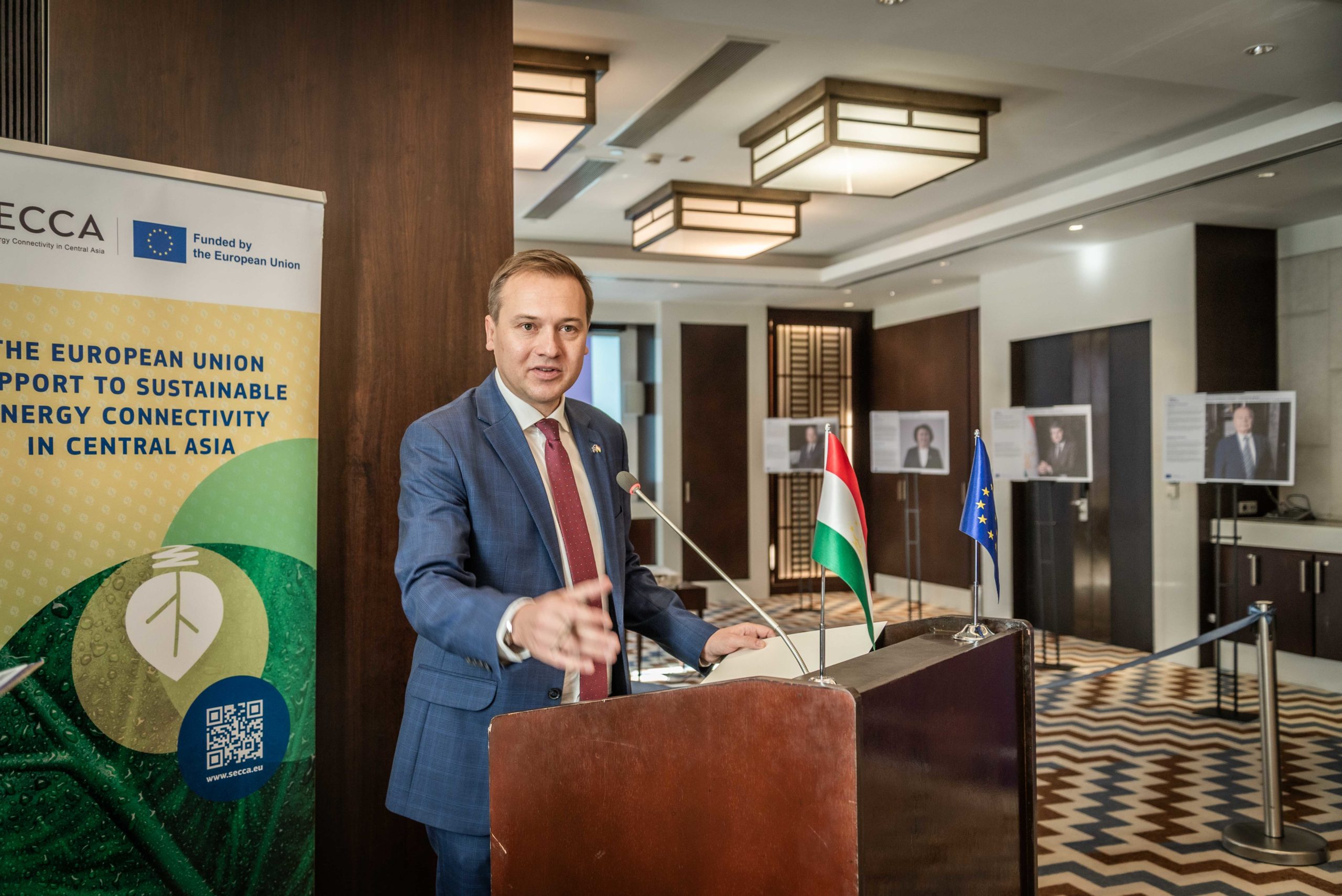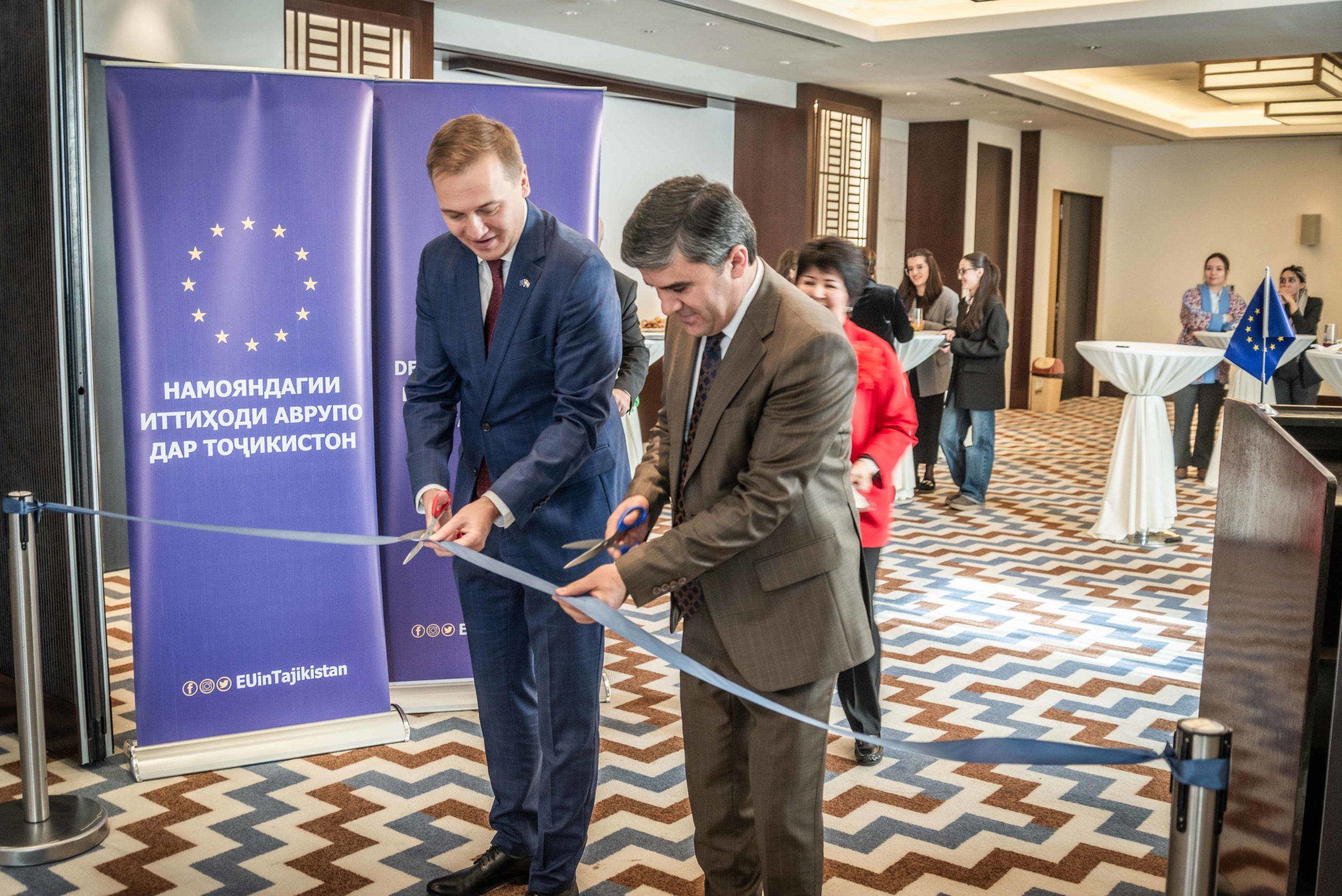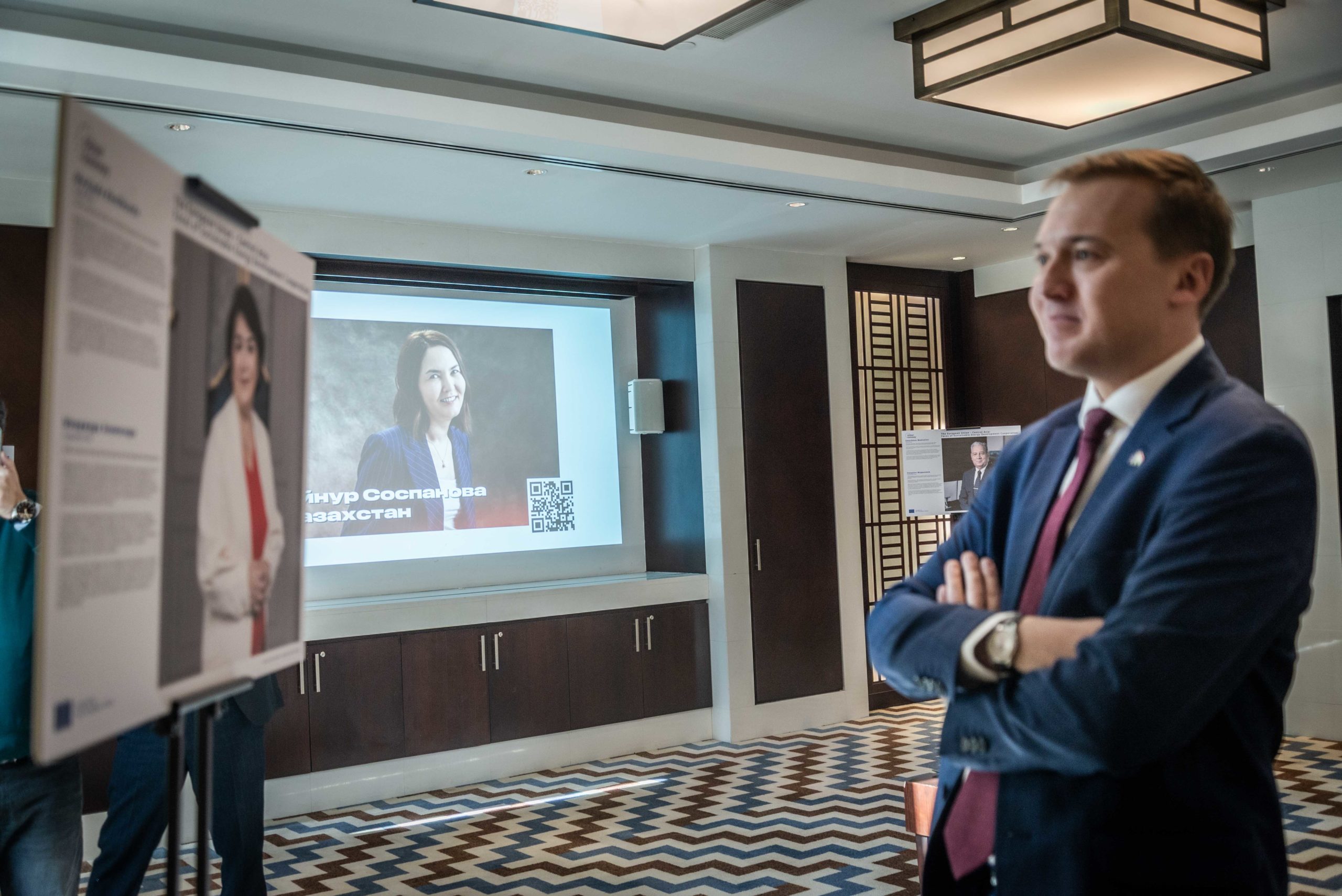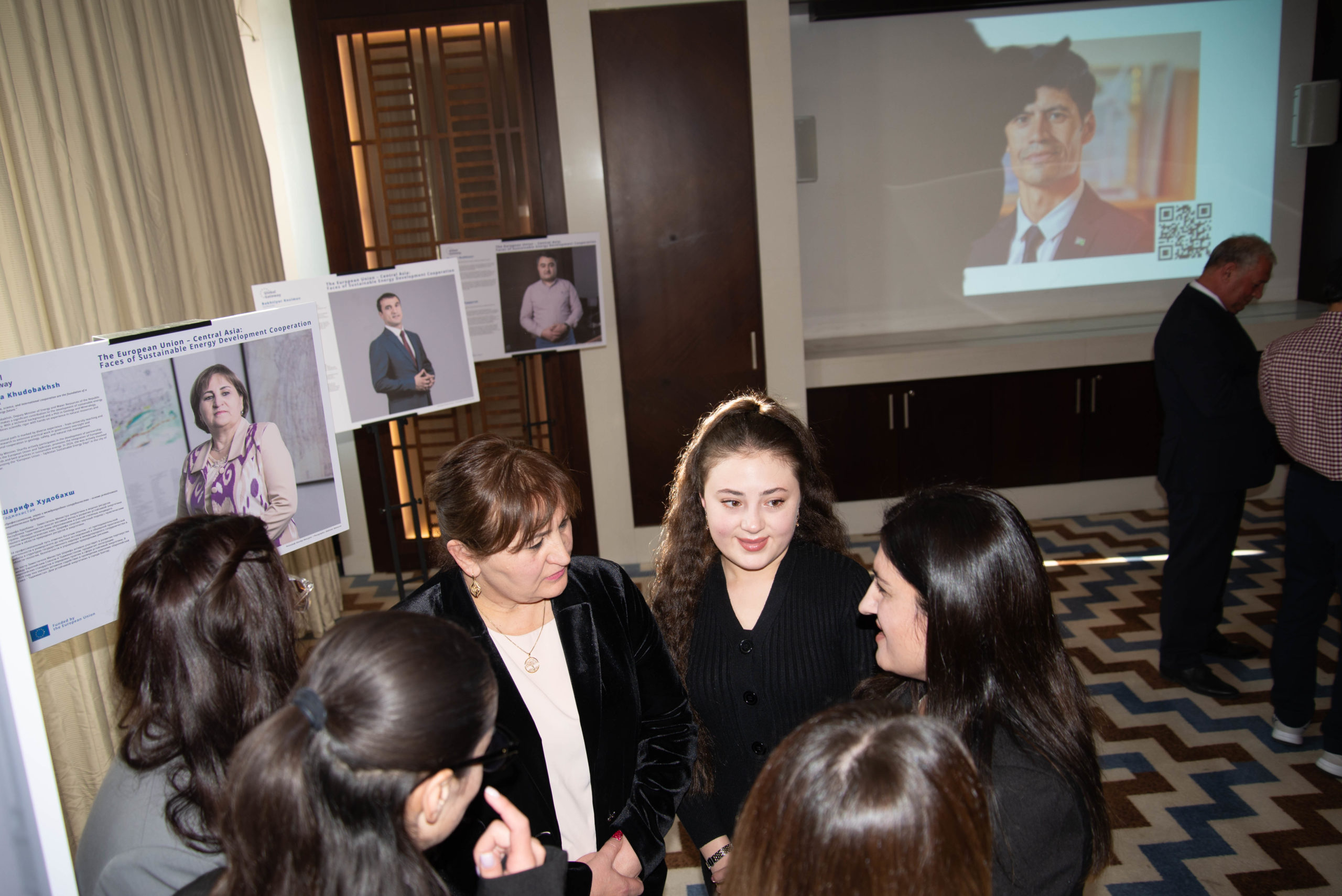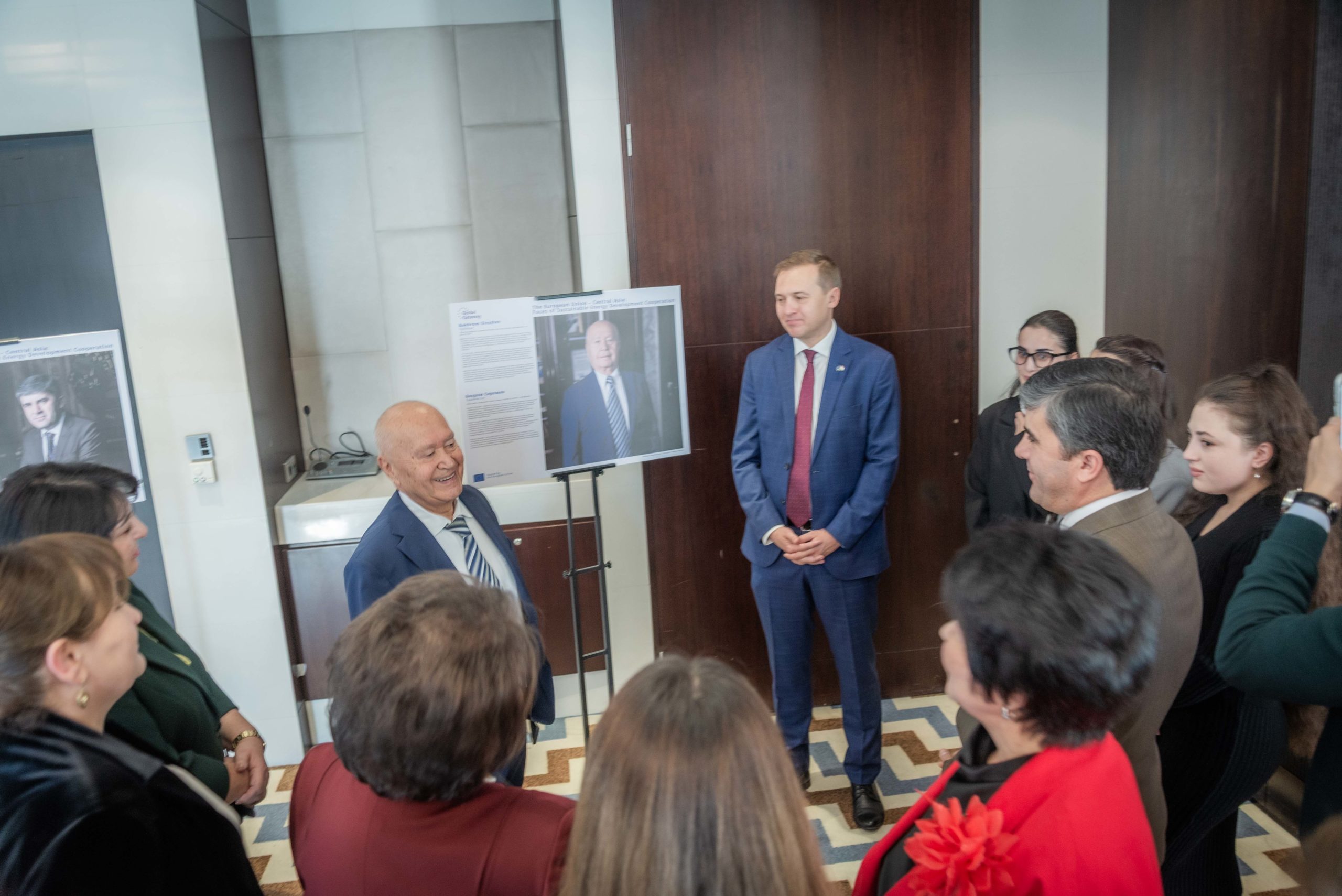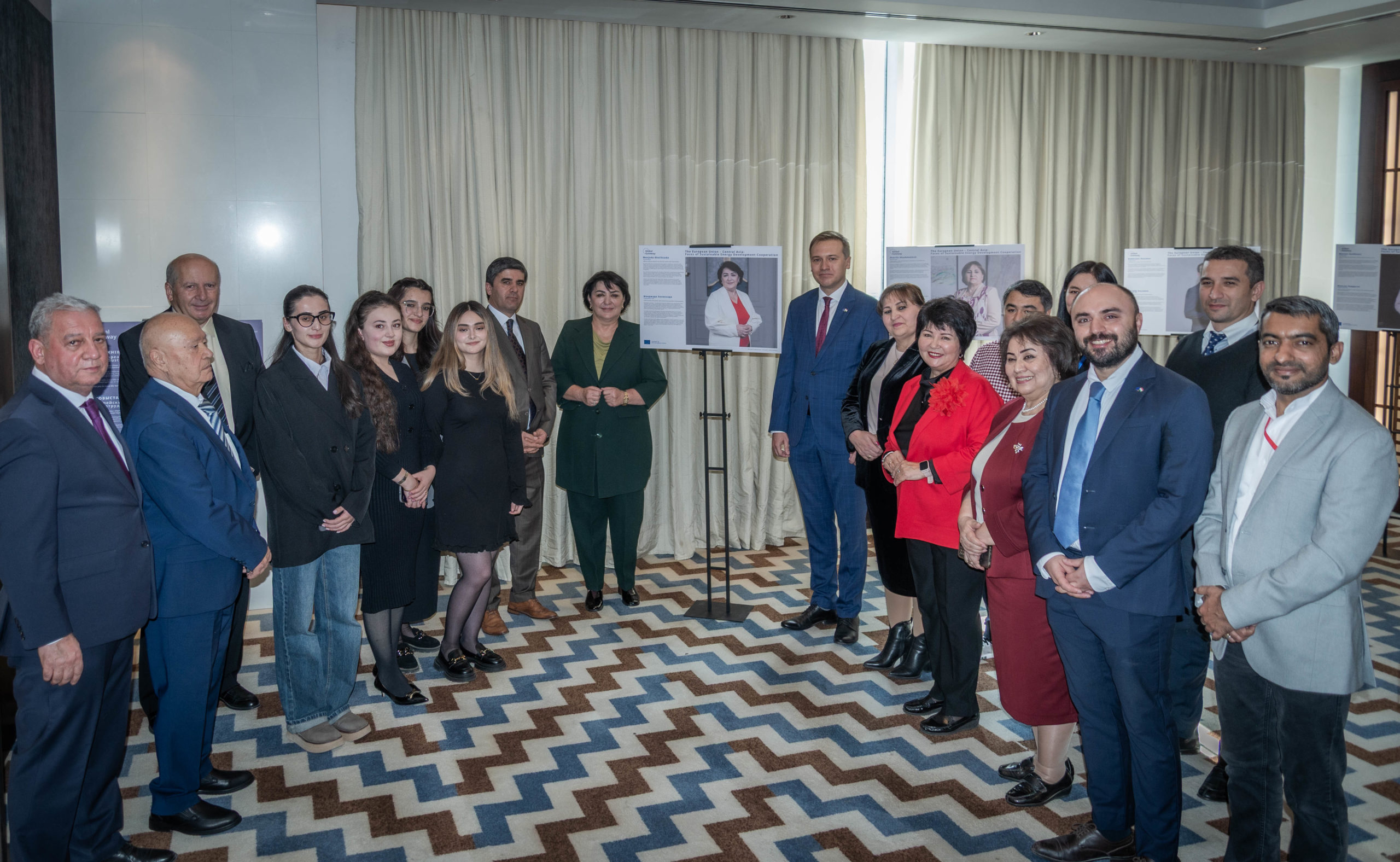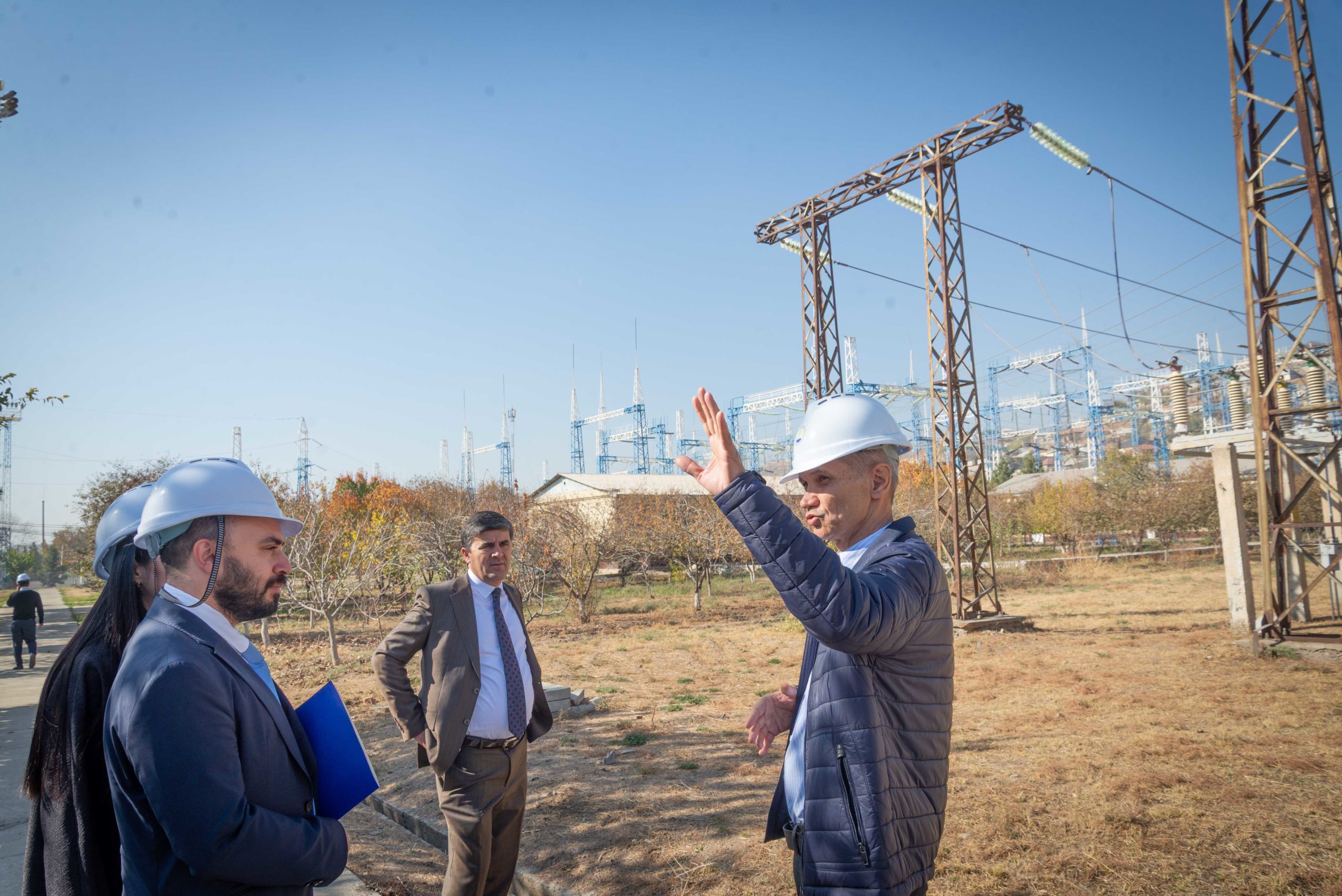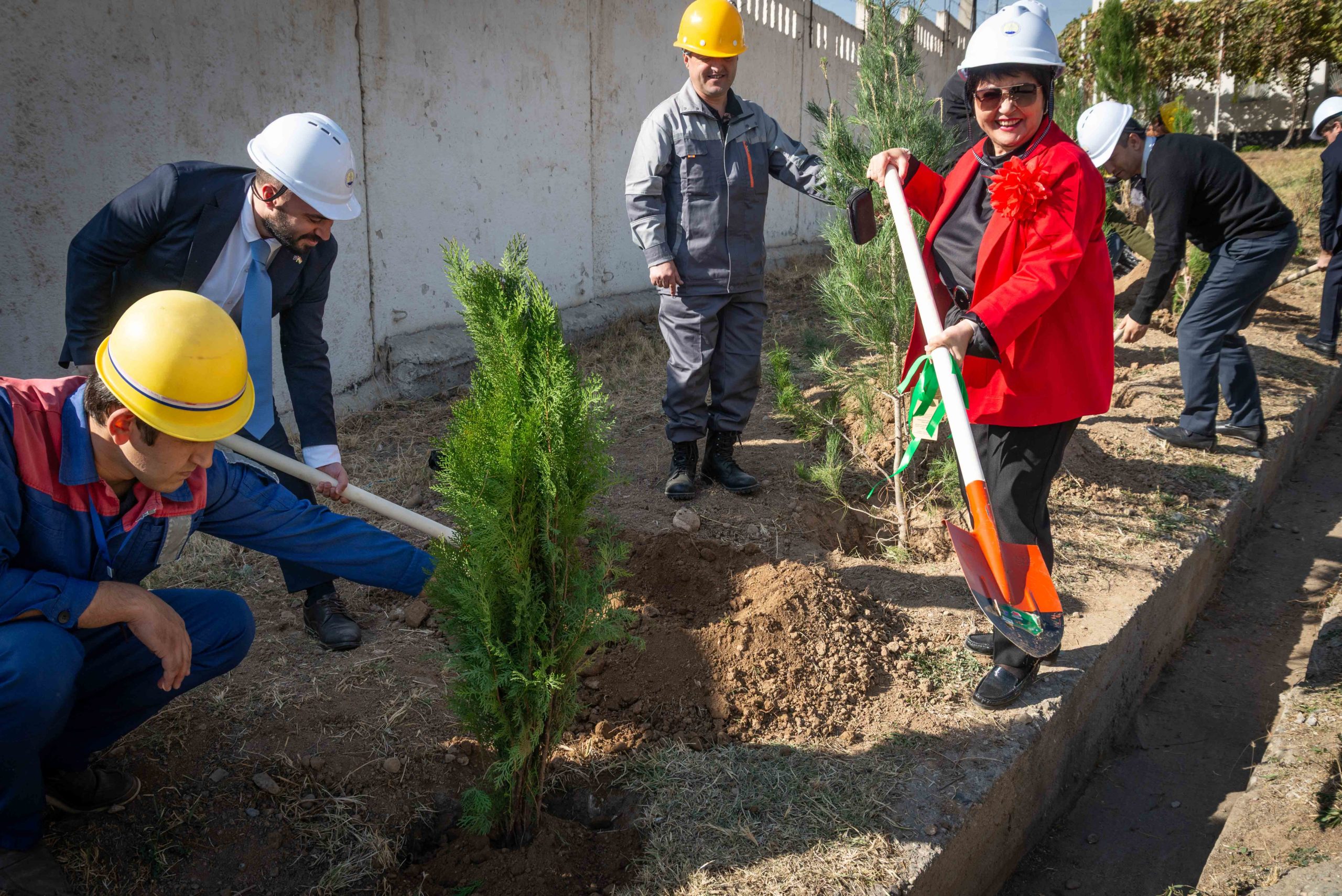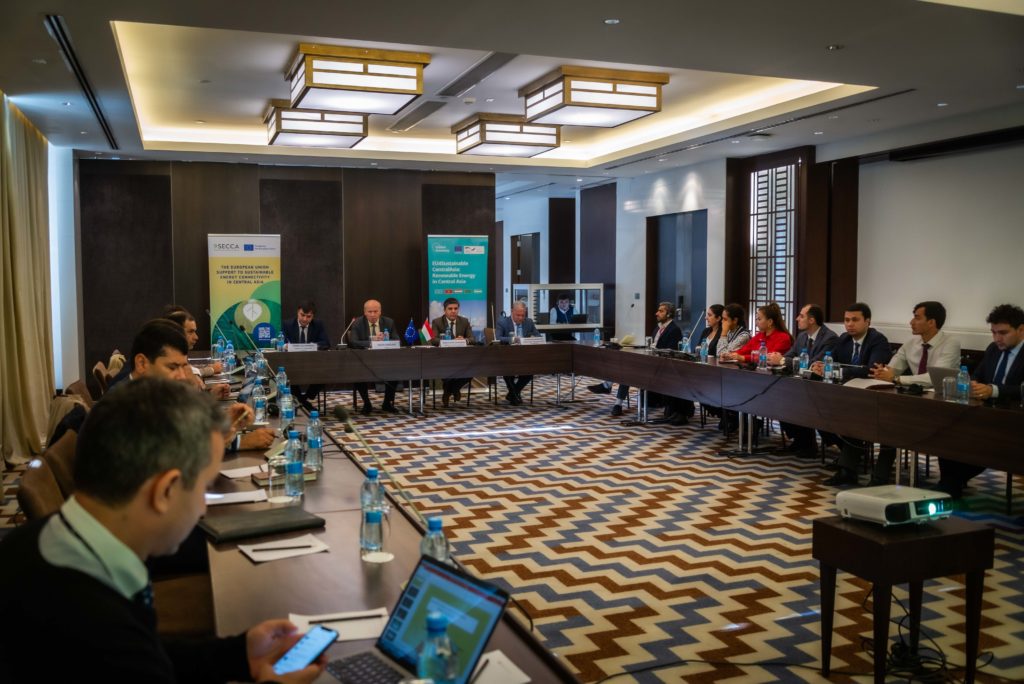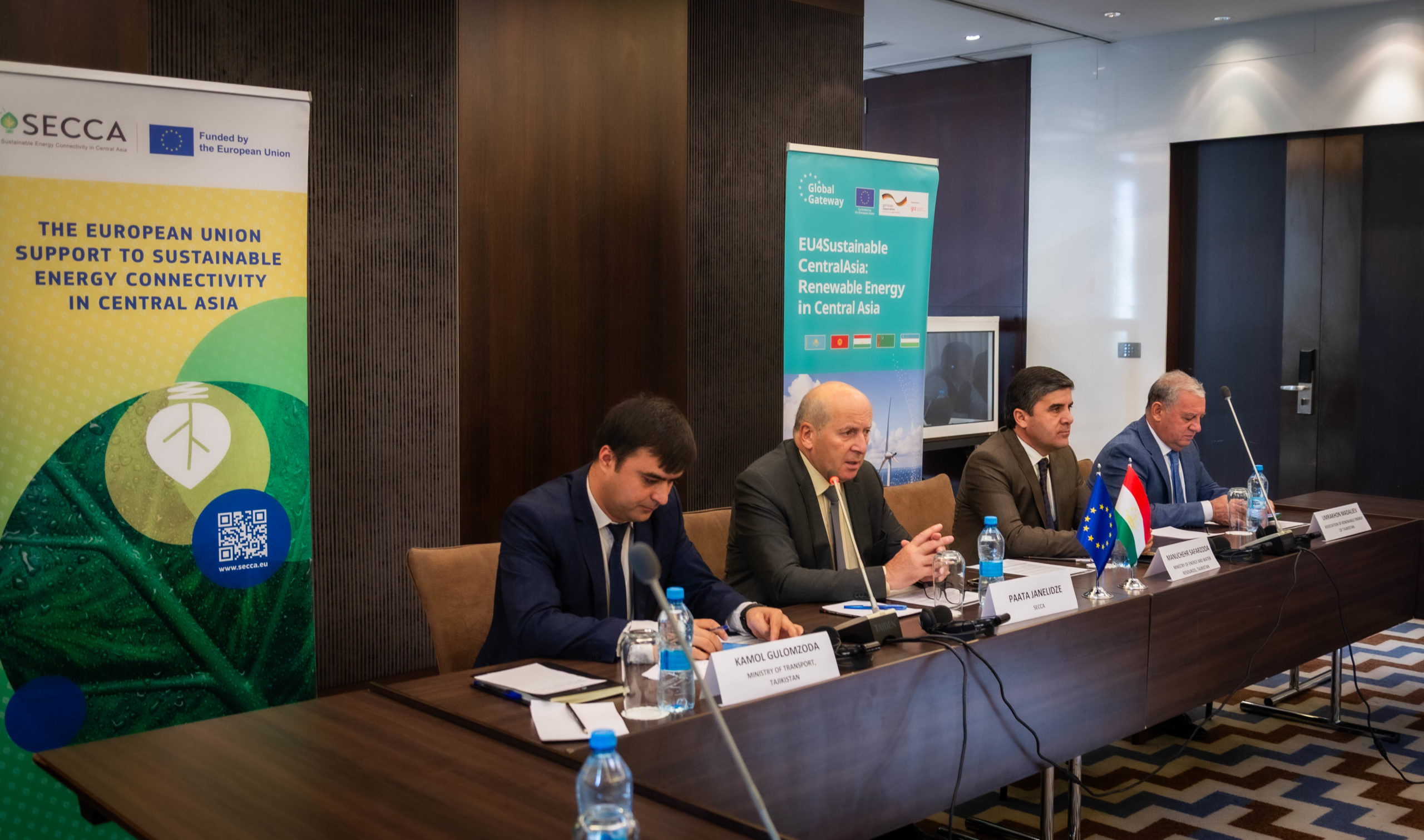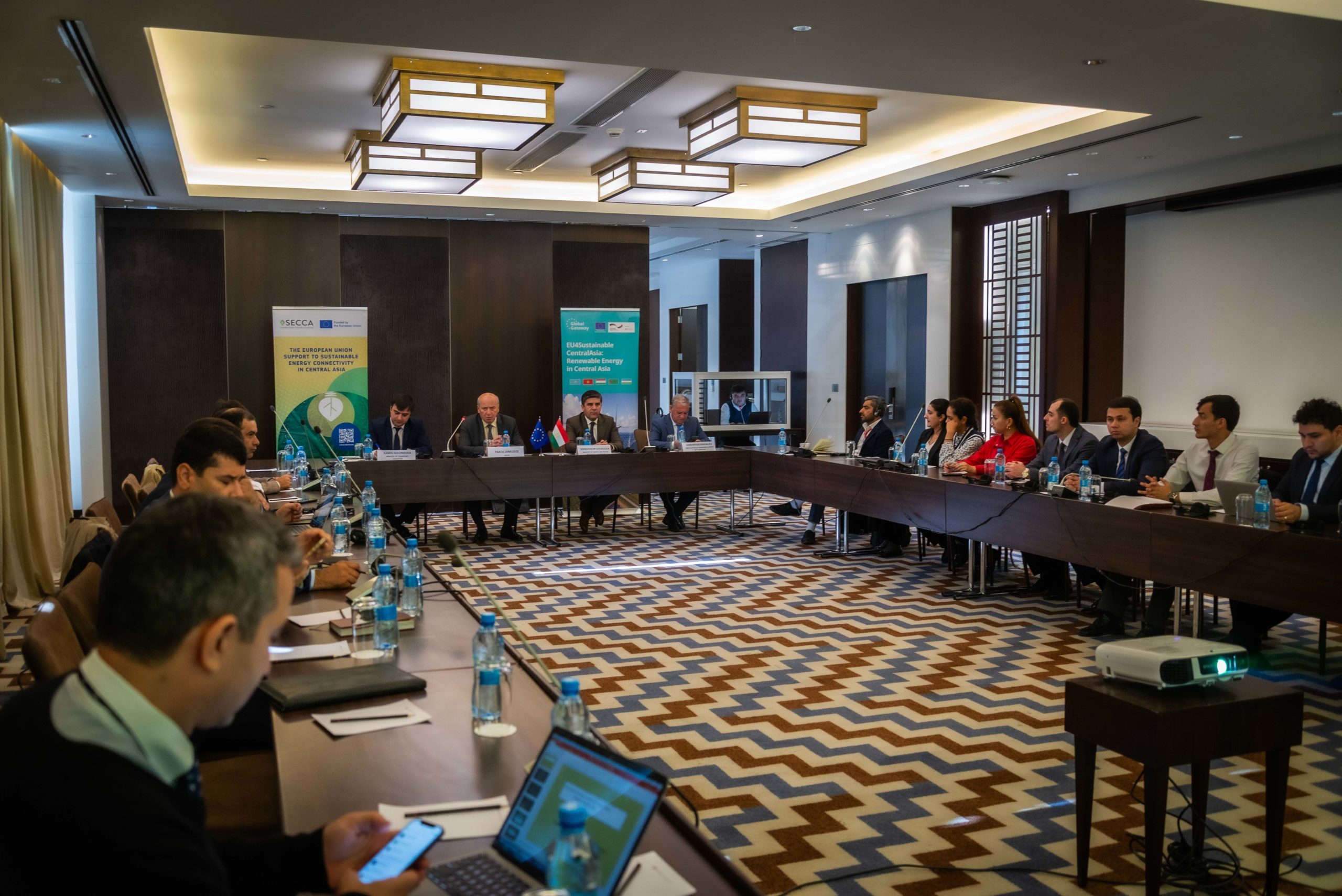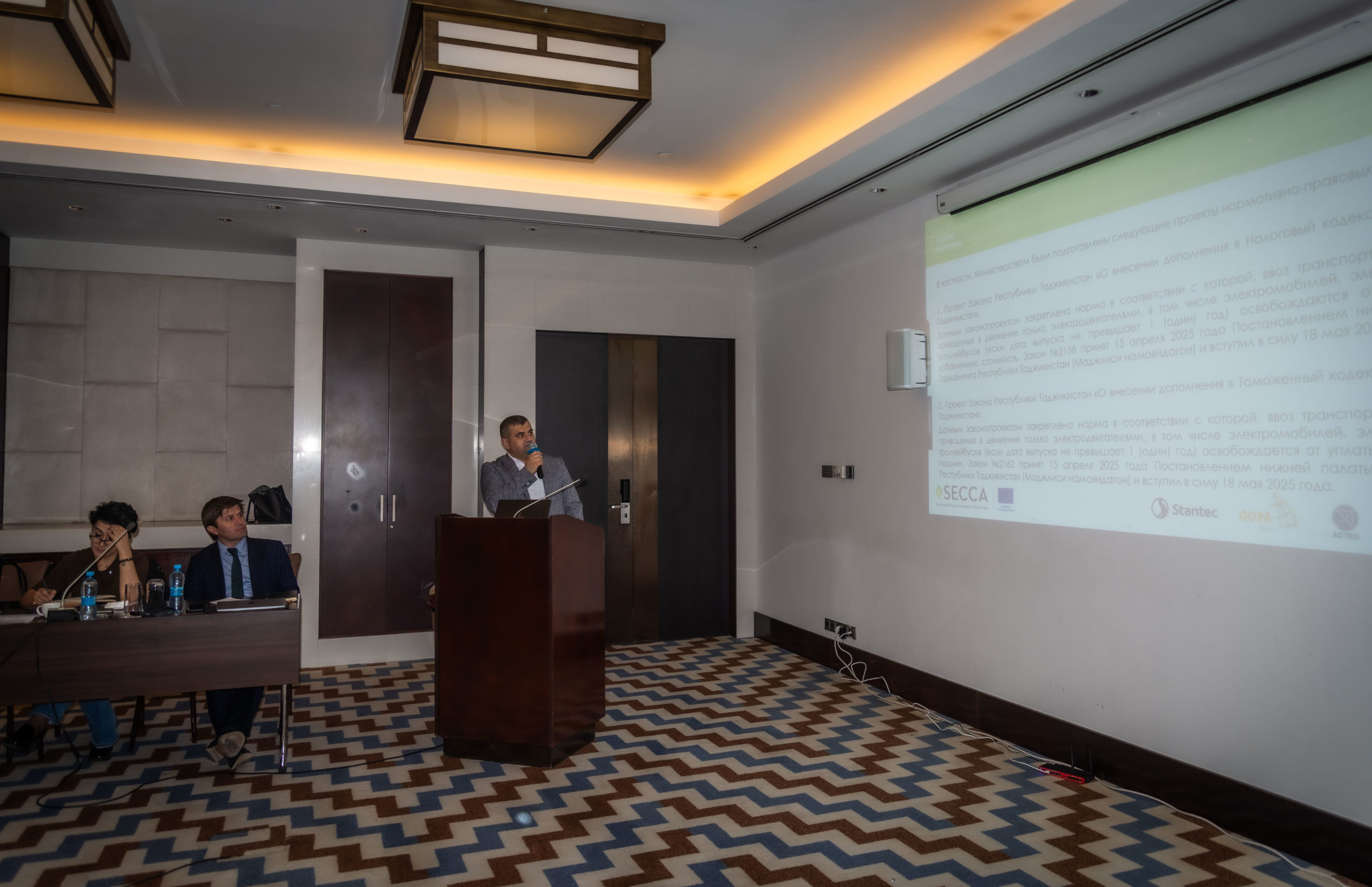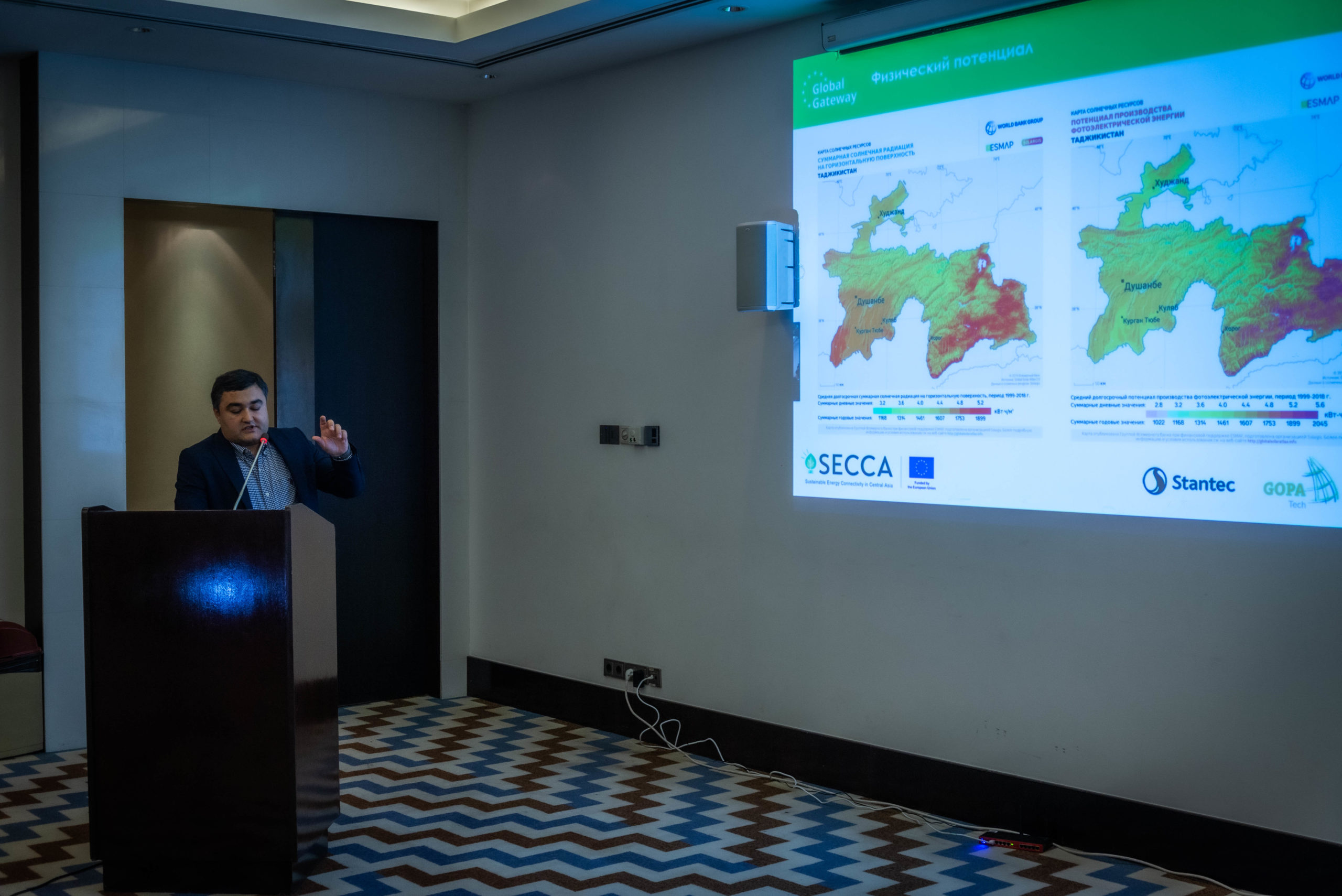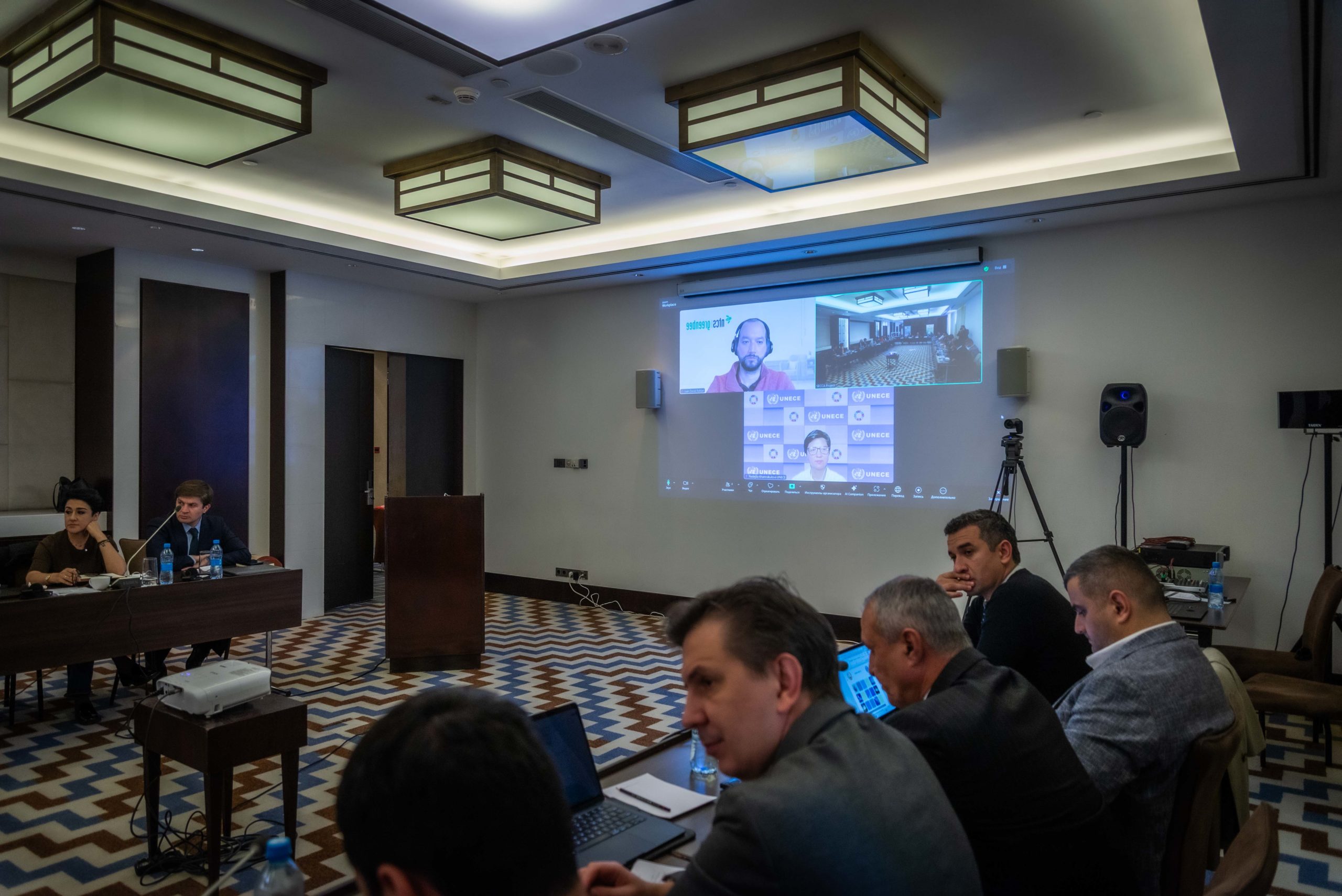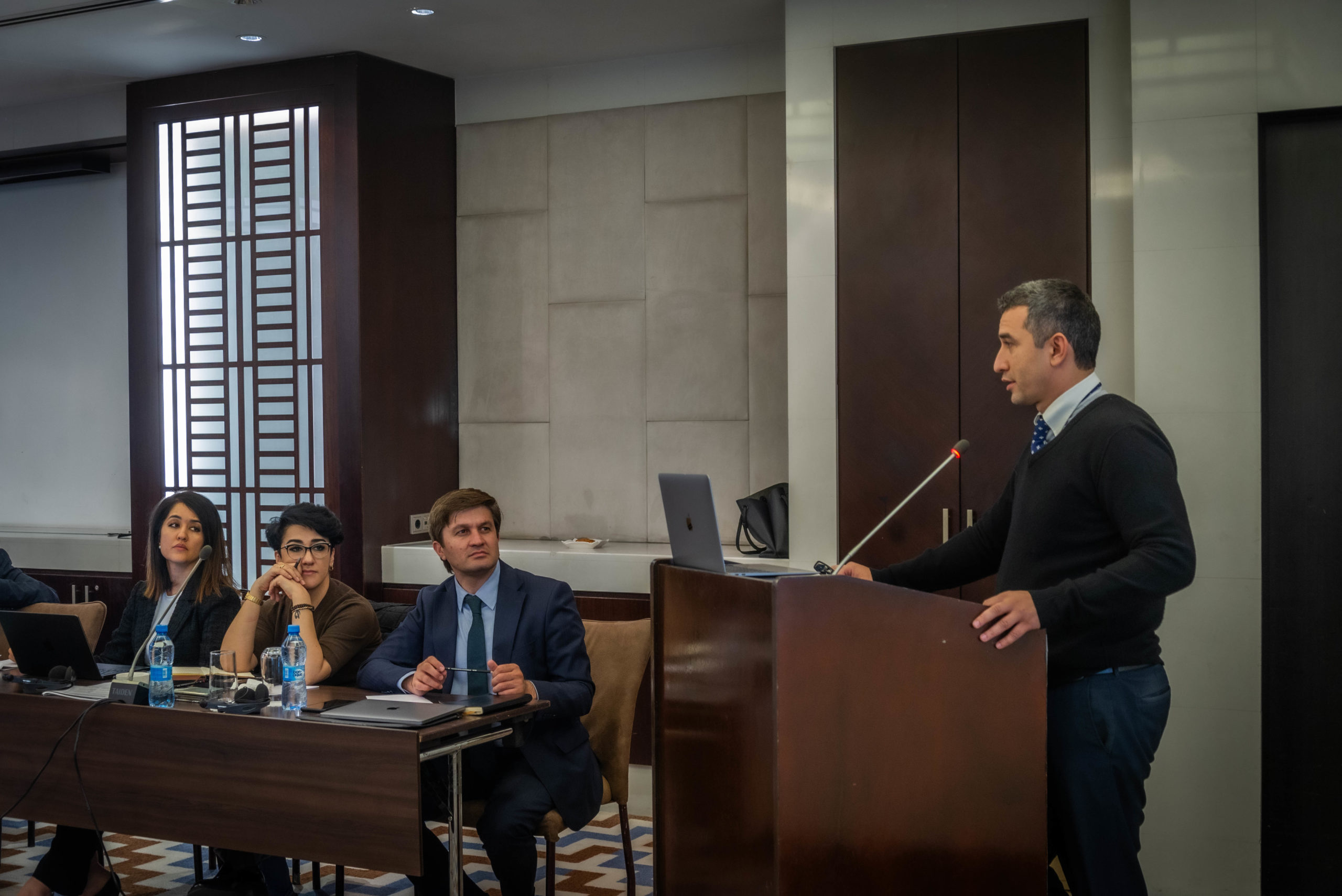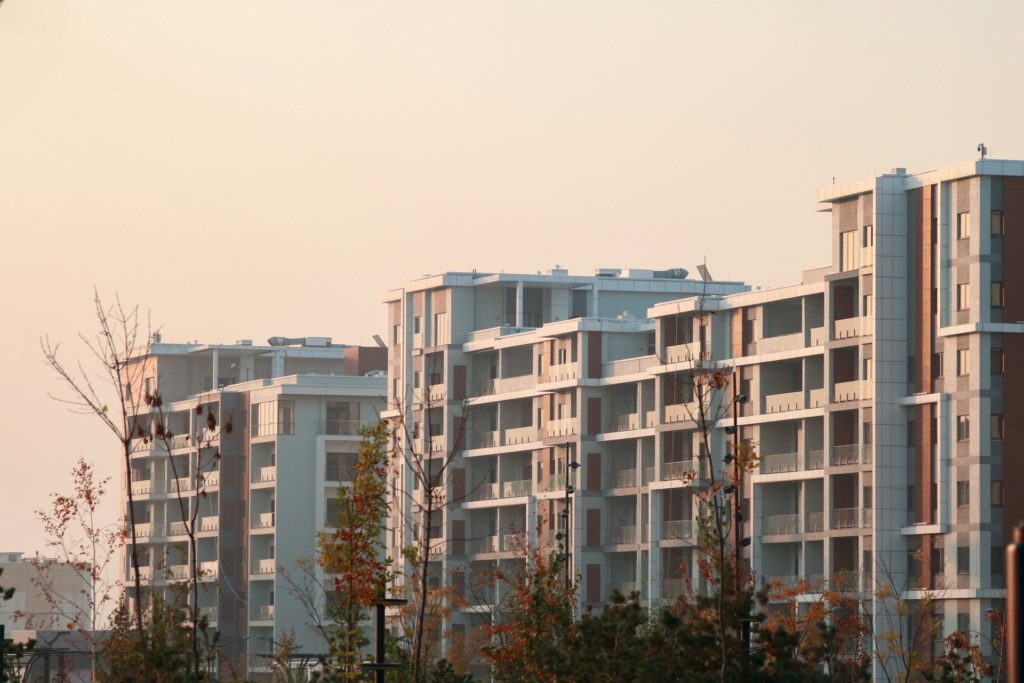Tashkent, Uzbekistan – On 24 October 2025, the Cabinet of Ministers of the Republic of Uzbekistan adopted Resolution No. 673 “On Measures for the Formation of the Energy Service Market and the Promotion of Energy Efficiency in Residential Buildings.” The key document within this resolution is Annex No. 3 – Regulations on the Provision of Energy Services, which establishes:
- The procedure and conditions for concluding energy service contracts between ESCOs and customers;
- Financing mechanisms for ESCO projects (own funds, bank loans, IFI grants);
- Requirements for the selection of ESCOs and maintenance of a Unified Register.
The Regulations on the Provision of Energy Services were developed by the National Energy Efficiency Agency under the Cabinet of Ministers, taking into account proposals from international organisations and experts. In particular, technical assistance in preparing the document was also provided by the European Union’s SECCA Project, which in June 2025 submitted to Uzbekistan’s state authorities a comprehensive package of regulatory and methodological documents aimed at developing a modern energy service market in the country.
The same package also included drafts of two related documents: the Methodology for Measuring and Verifying Energy Efficiency and the Model Energy Service Contract. Both documents are currently in the final stage of review by the National Energy Efficiency Agency.
At the same time, the Resolution of the Cabinet of Ministers also approves regulations governing the procedure for conducting energy audits of residential buildings, the certification of energy auditors, and the repayment or compensation of part of the interest on “Green Renovation” loans. These regulatory documents were prepared by the National Energy Efficiency Agency, taking into account proposals from international organizations and experts. In addition, the Resolution establishes procedures for conducting tenders, signing contracts, and supplying and installing renewable energy (RE) technologies and other energy-efficient equipment via the Digital Platform for Energy Efficiency Improvement.
According to this document, to create additional incentives and benefits for improving the energy efficiency of residential buildings, the state will compensate citizens up to 100% of the cost of energy audits, up to 20% of the cost of purchasing and installing solar panels, solar collectors, and other household heating devices and equipment, and up to 40% of the cost of installing heat pumps.
The National Energy Efficiency Agency acts as the key coordinator. It has been instructed to reach agreements with commercial banks on allocating resources for “Green Renovation” loans. Starting from November 2025, the Agency’s Digital Platform for Energy Efficiency Improvement will implement a system for allocating subsidies for the purchase of energy-efficient technologies and RE installations.
The Ministry of Energy, Ministry of Digital Technologies, Ministry of Construction and Housing and Communal Services, and other relevant bodies have been tasked with ensuring the Agency’s access to data on facilities equipped with RE devices, volumes of supplied electricity, natural gas, and thermal energy, as well as to the electronic platform “Building Energy Audits” and others.
Moreover, the Ministry of Construction and Housing and Communal Services and the Agency will jointly develop and submit to the Cabinet of Ministers proposals for establishing a system for training, retraining, and professional development of specialists in the field of energy efficiency.
The adoption of this Resolution marks a new chapter in the development of Uzbekistan’s energy service market. The introduction of digital solutions and the establishment of transparent certification and support mechanisms will create a solid foundation for modernising the housing stock, improving energy efficiency, and strengthening the country’s energy independence.
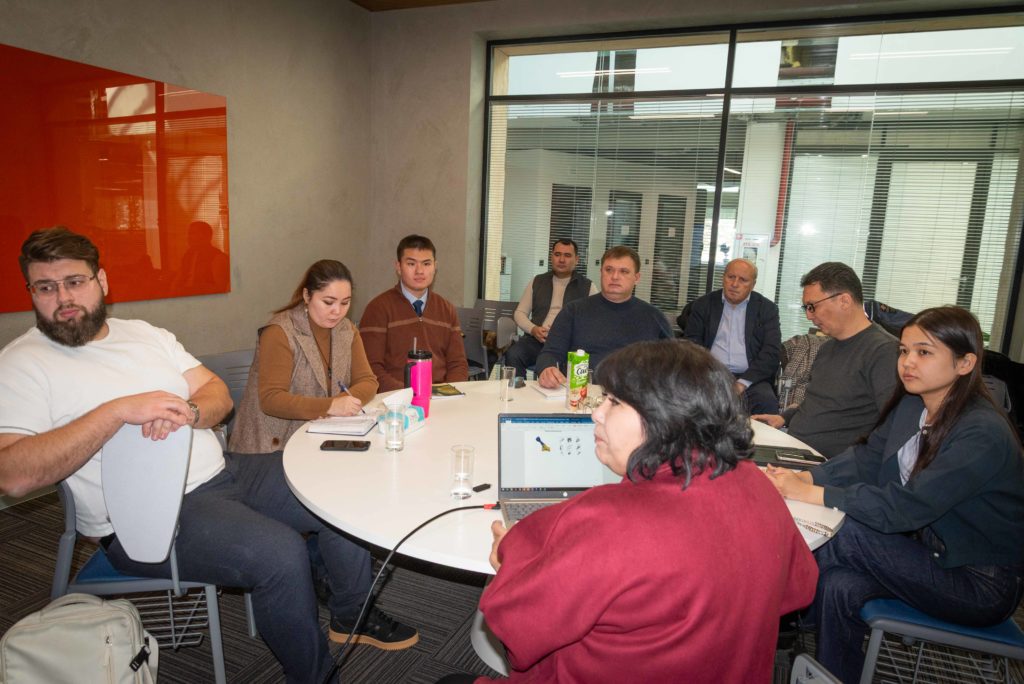
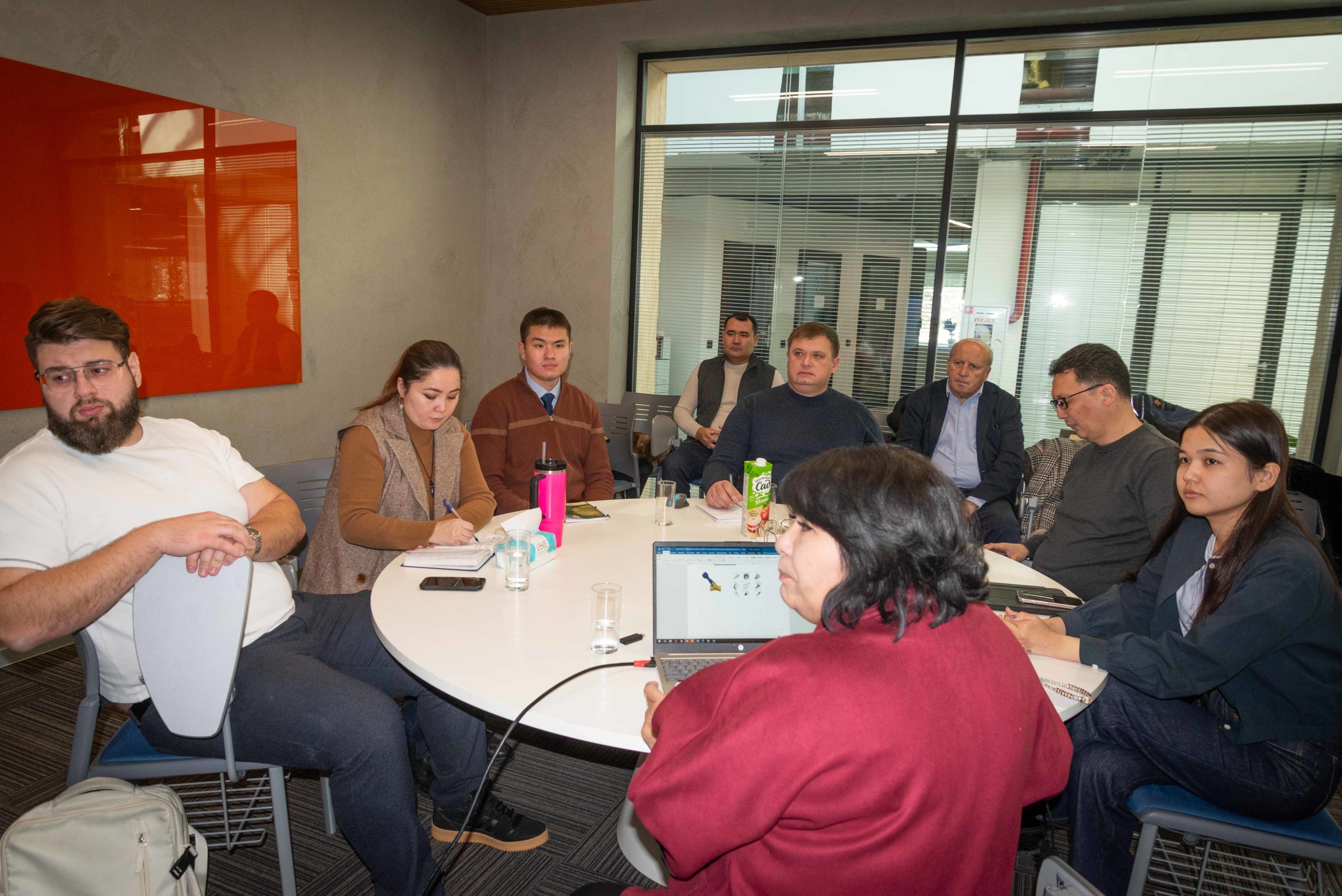
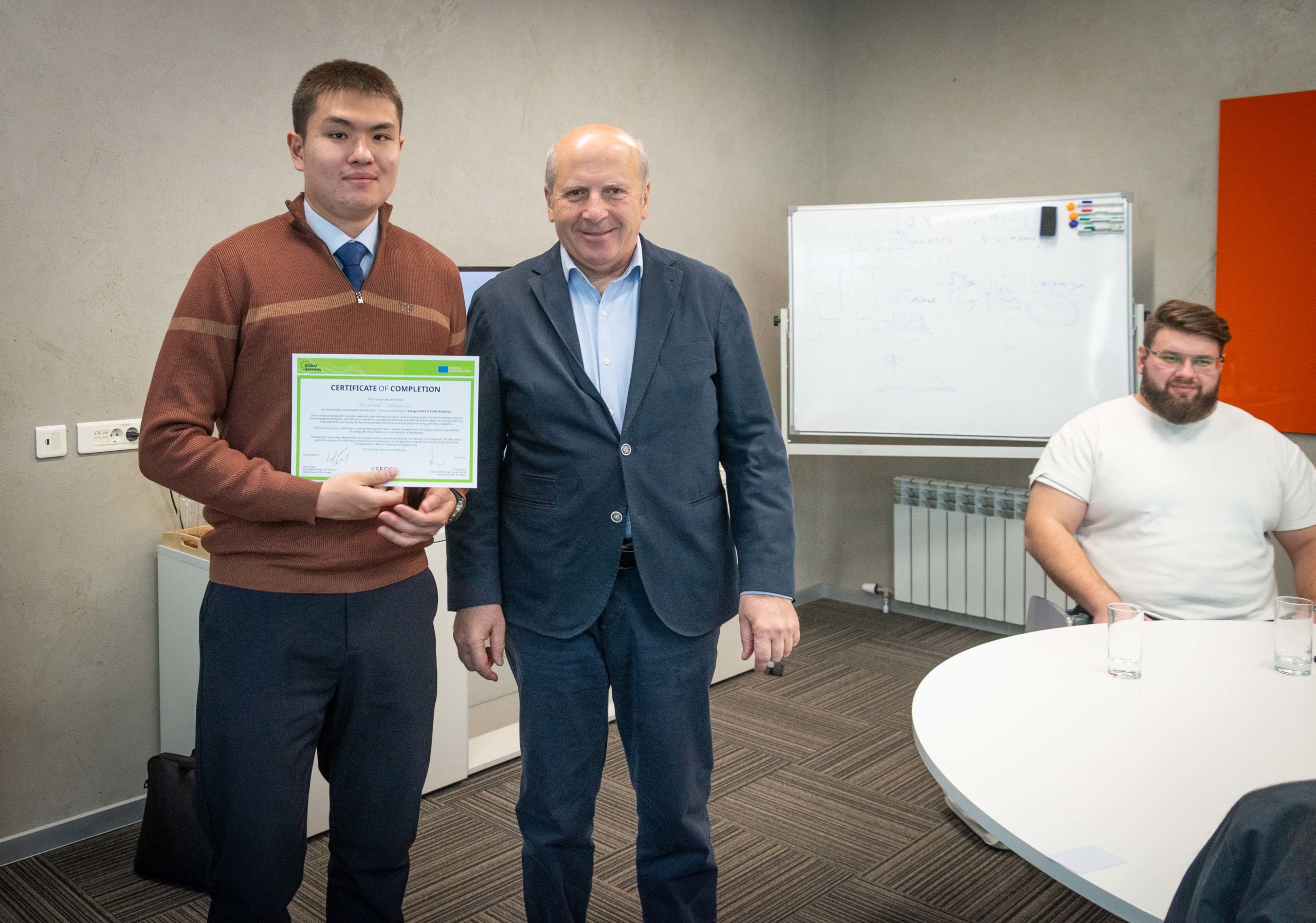
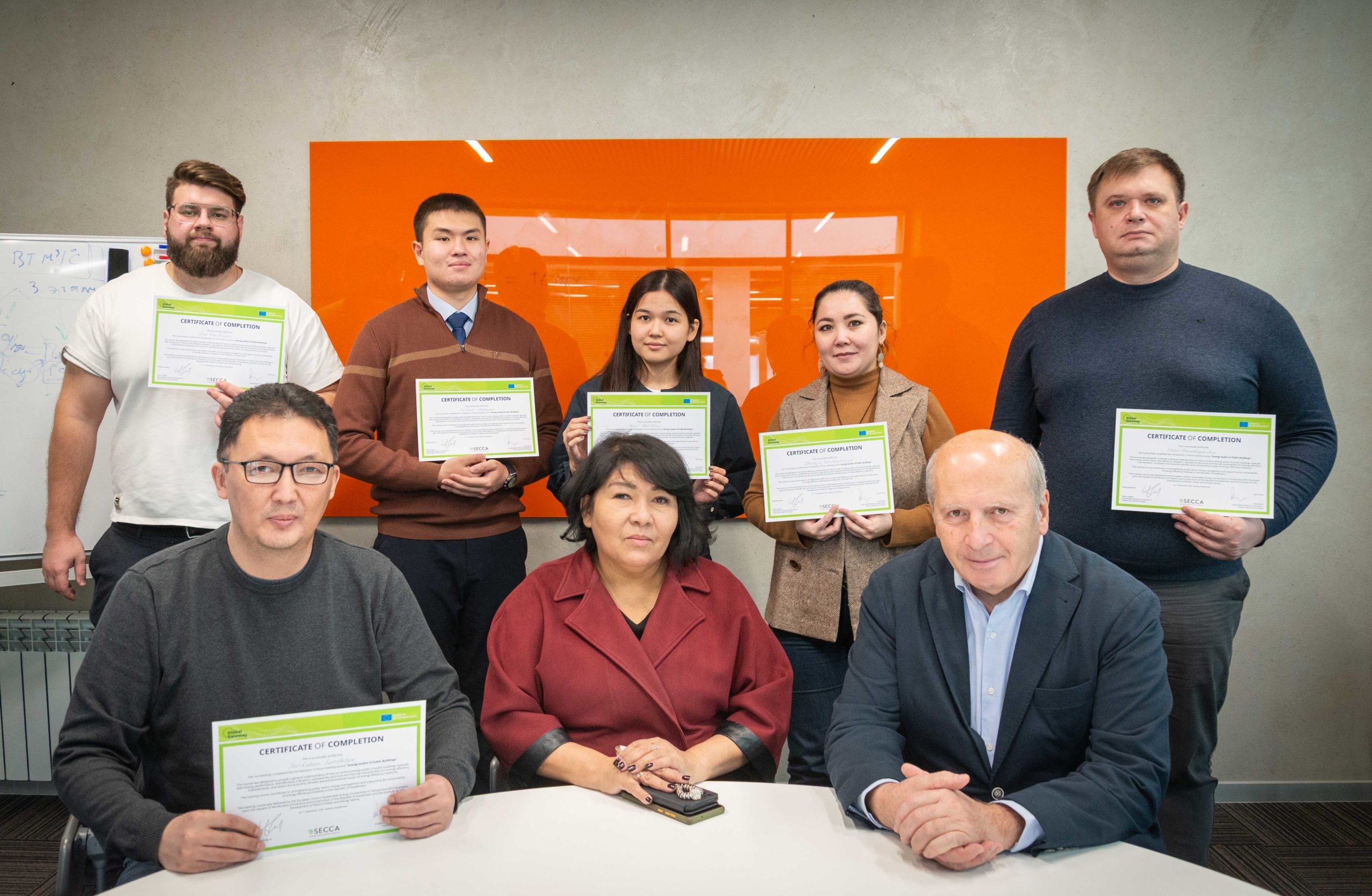
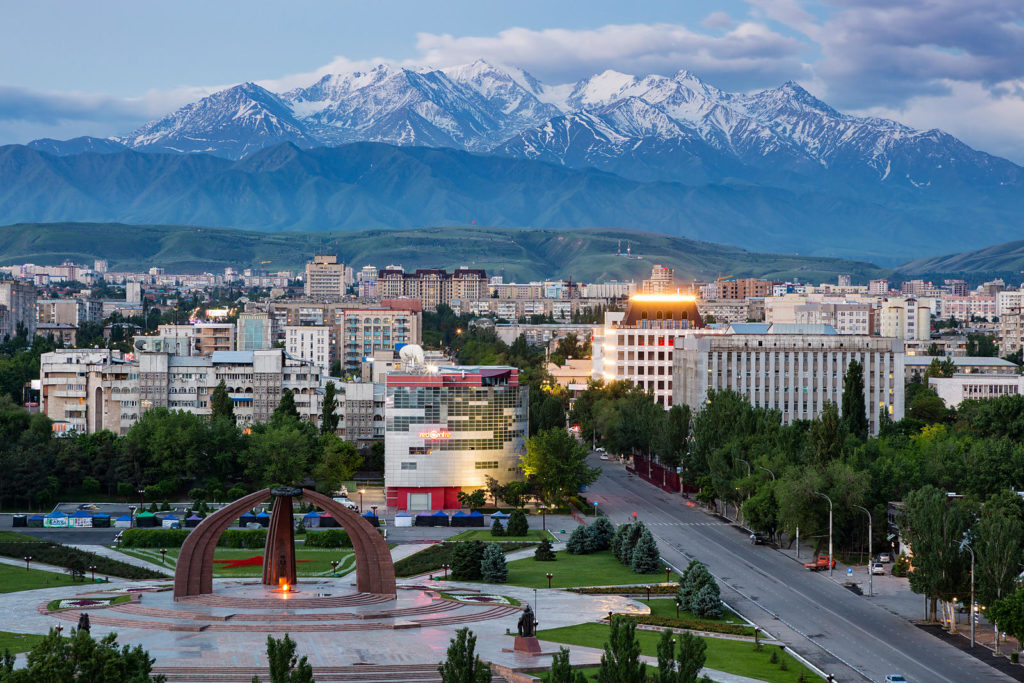
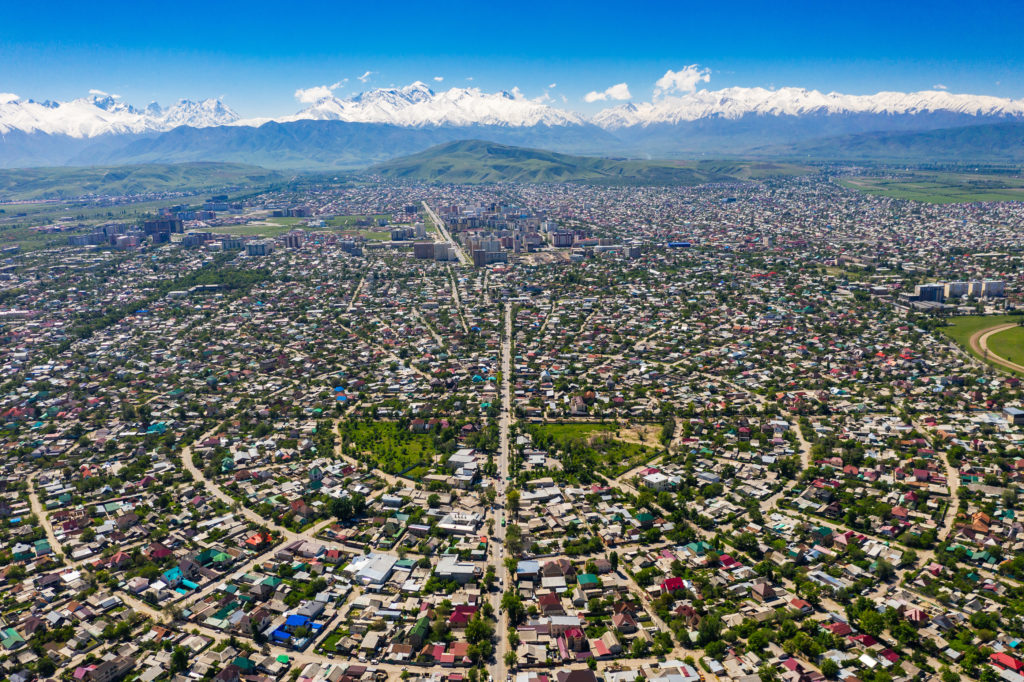
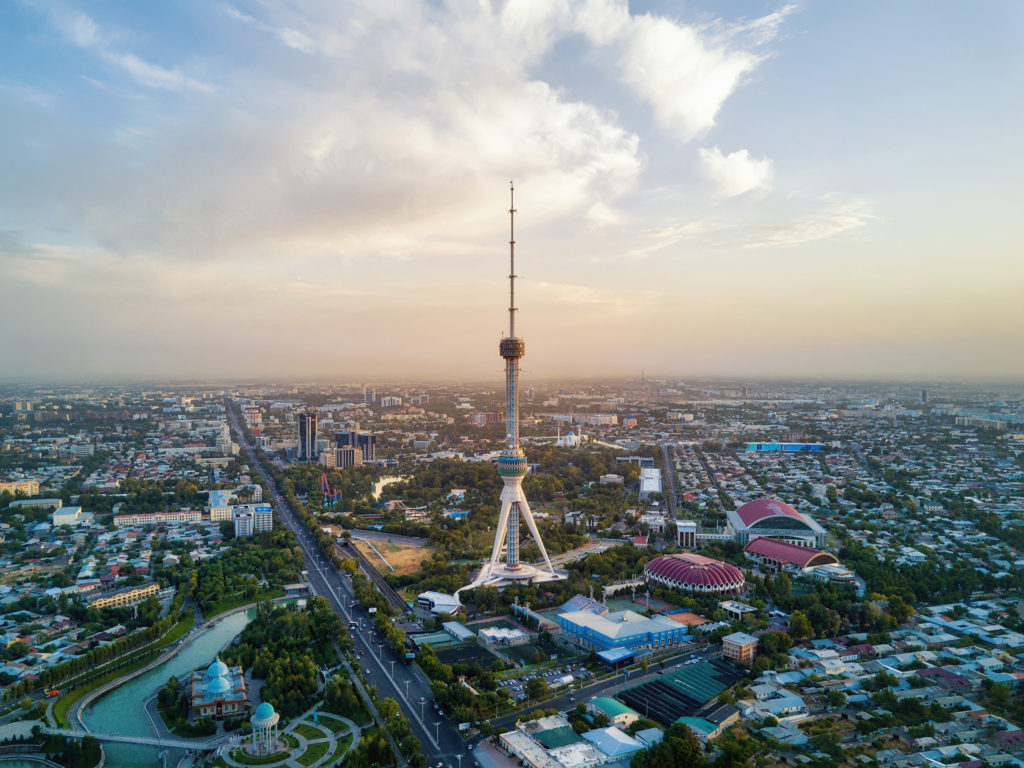
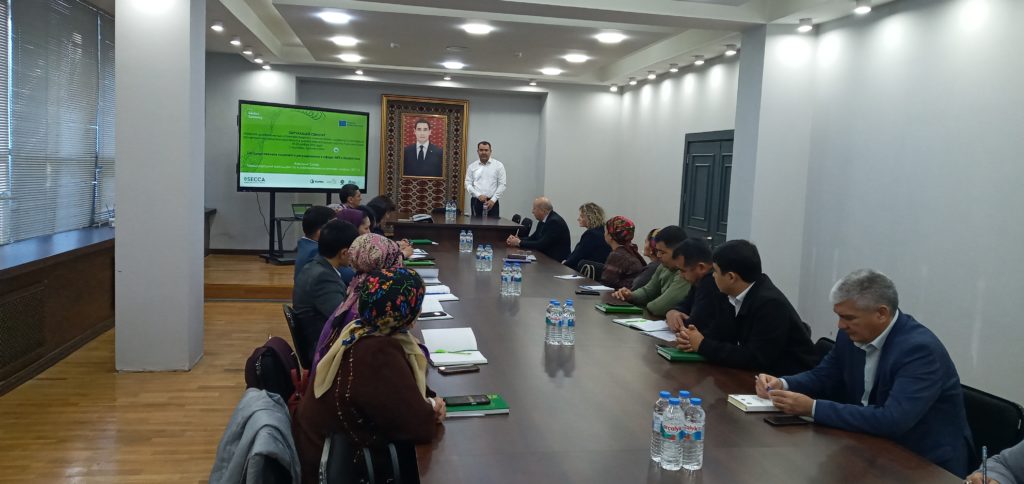
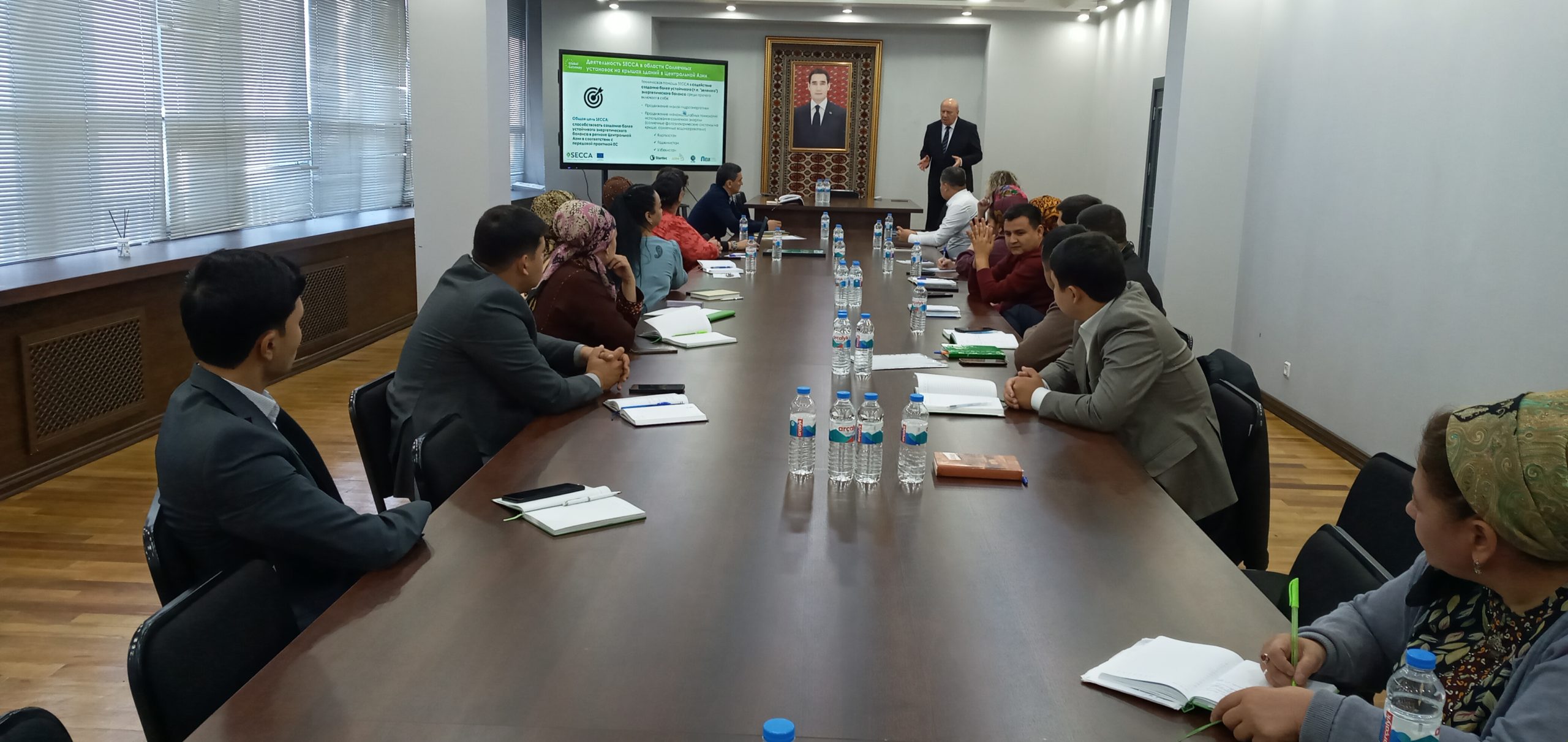
![20251120_092009[1]](https://secca.eu/wp-content/uploads/2025/11/20251120_0920091-scaled.jpg)
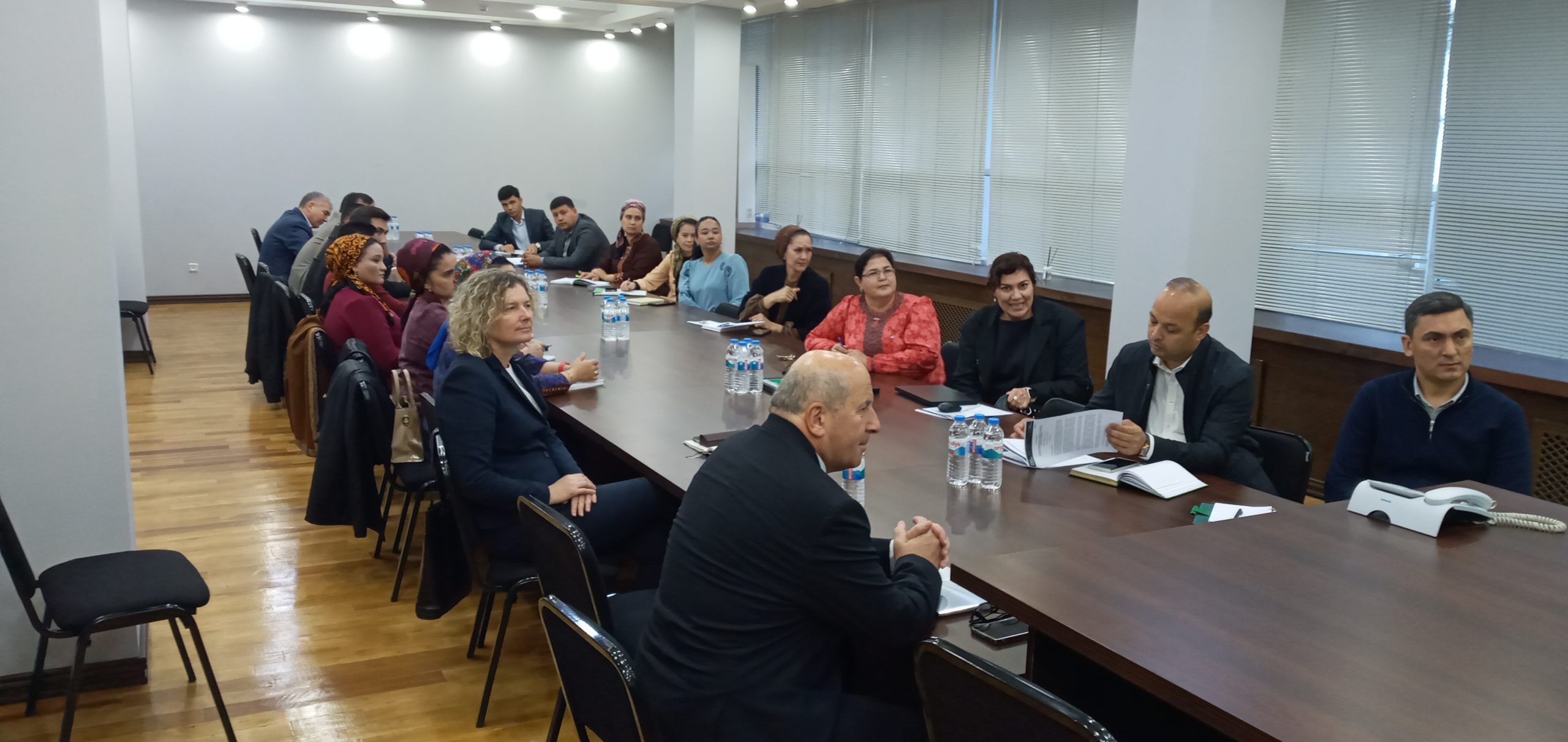
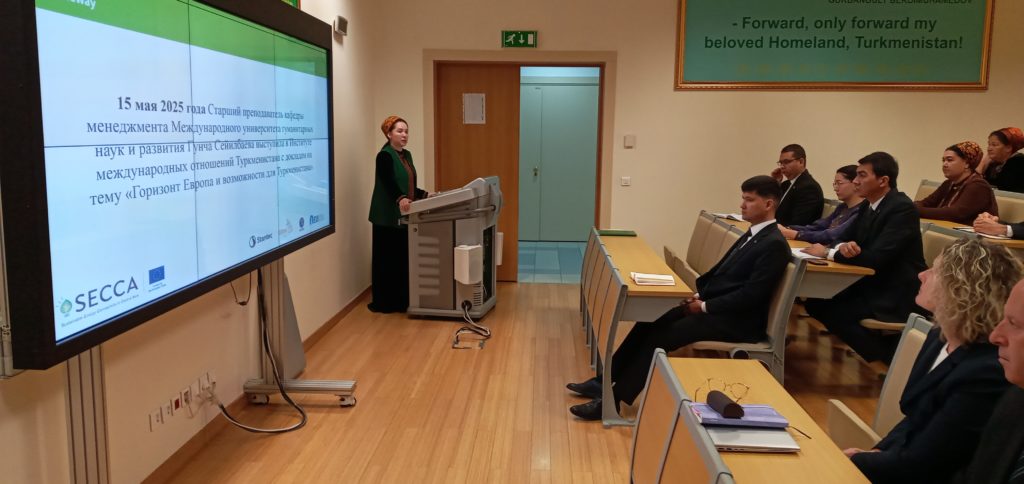
![20251118_100611[1]](https://secca.eu/wp-content/uploads/2025/11/20251118_1006111-scaled.jpg)
